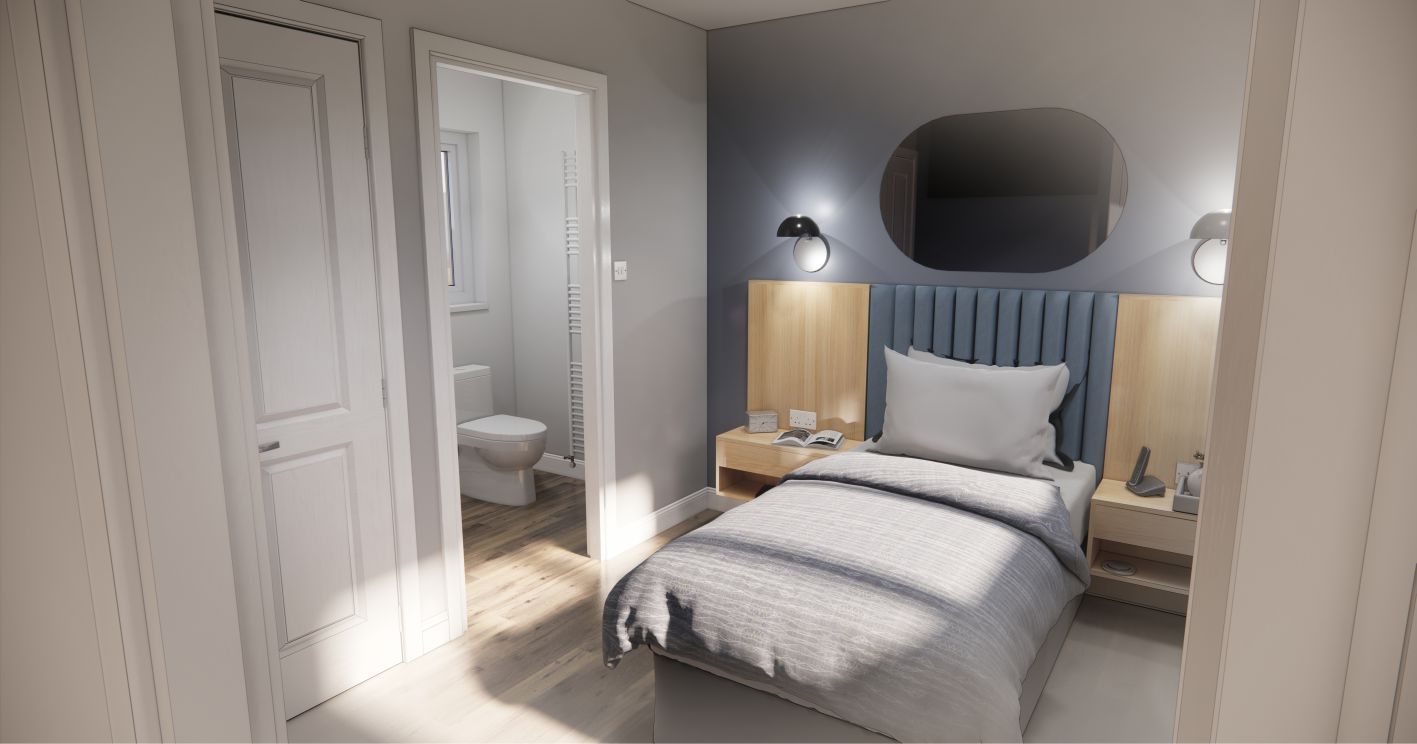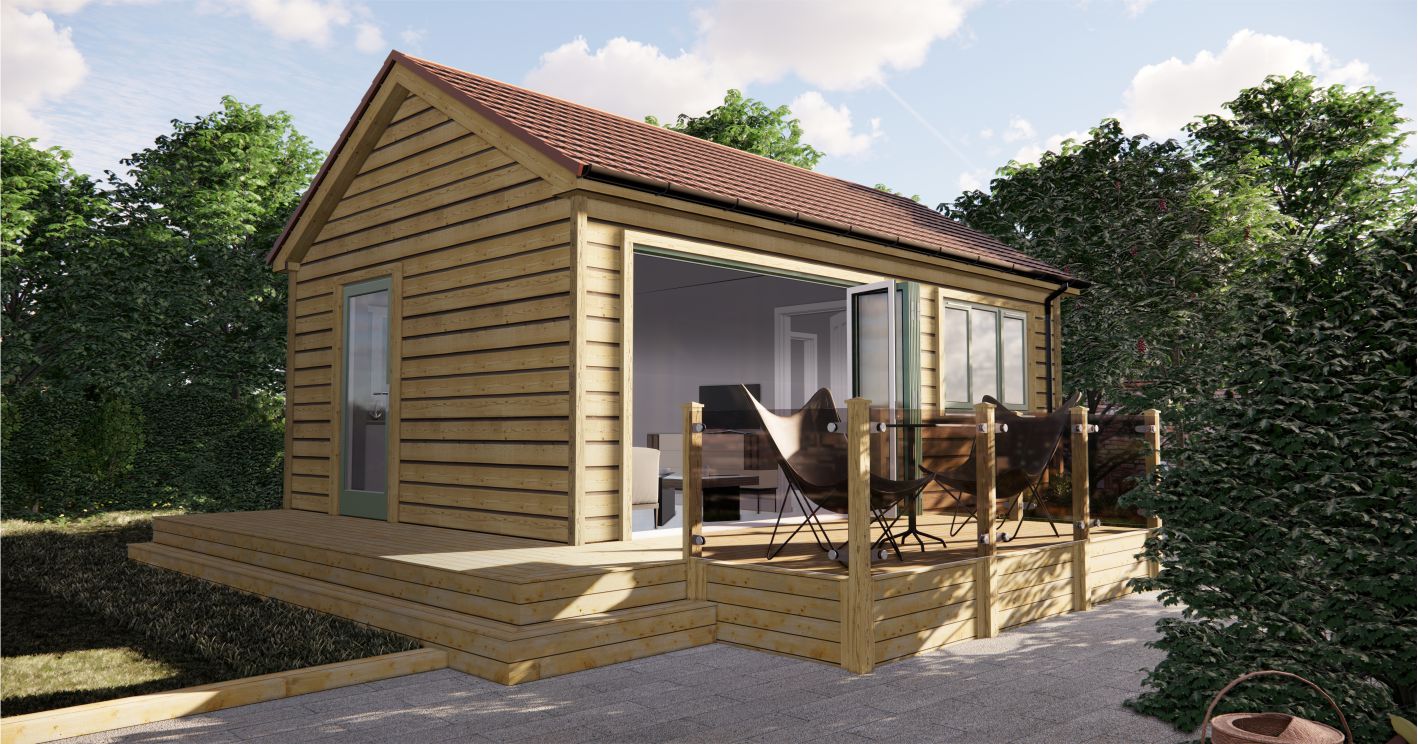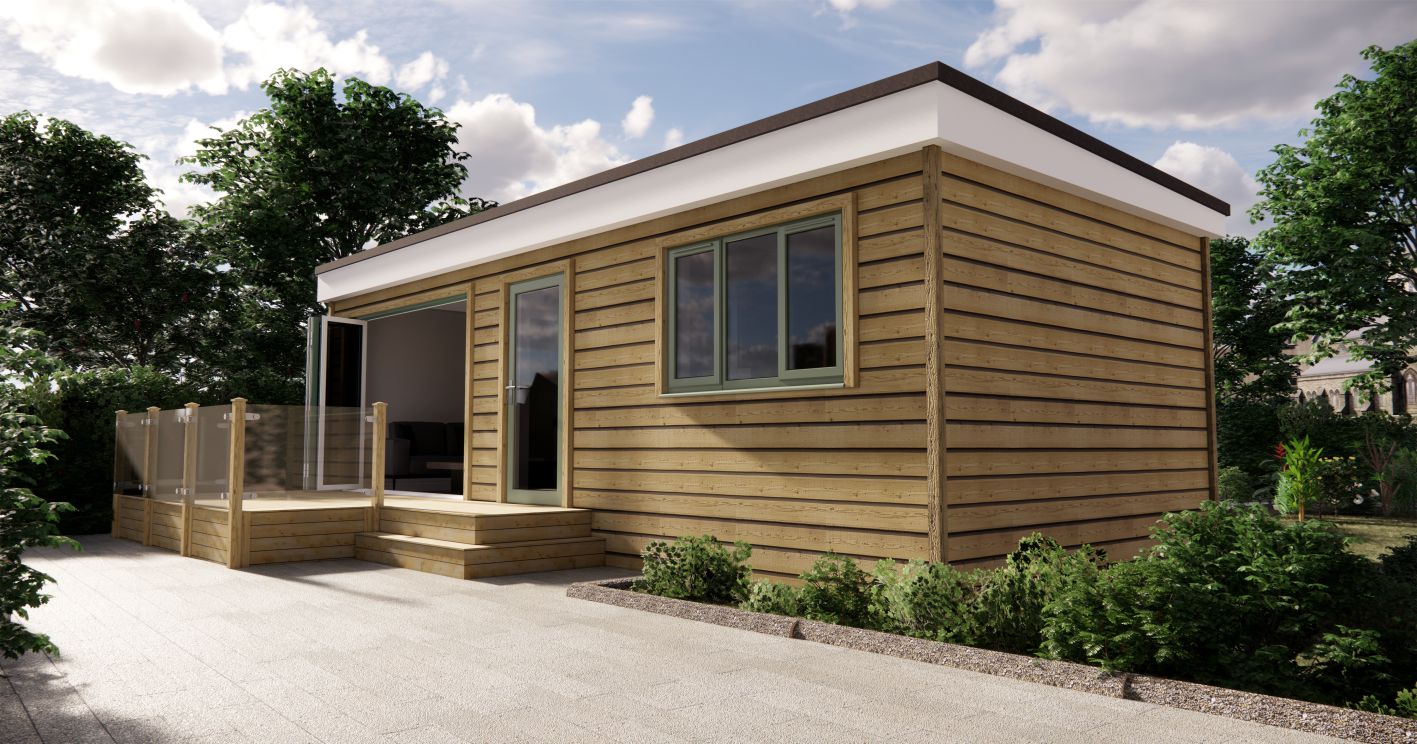Can You Live In A Garden Annexe Without Planning Permission?
If you want to build and live in a garden annexe on your property, you need to establish whether planning permission is obligatory or not. The laws and regulations regarding living in a garden annexe without planning permission may vary from location to location.
However, using an annexe as a residential dwelling without obtaining the necessary permission may very well be considered as a breach of planning regulations.
Do I Need Planning Permission for an annexe?
Usually, yes. But there are determining factors.
A granny annexe is considered to be an outbuilding and outbuildings are usually defined as being incidental to the use of the property. It is this specificity that will dictate whether or not planning permission is required for your annexe.
This is because if it’s deemed incidental, it means it’s basically just another room of the house. Therefore, it can be built under permitted development rights and obtaining planning permission isn’t completely necessary. It still has to meet the standards and rules outlined for outbuildings, though, otherwise this route is not an option.
If the annexe is a separate dwelling, which is most common for them, you do need to apply for planning permission.

Other Options for Annexe Building
If you choose a building that is complicit with the guidelines and regulations, you can forgo planning permission for the Caravan Act instead.
The Caravan Sites Act 1968 is an act to “restrict the eviction from caravan sites of occupiers of caravans and make other provision for the benefit of such occupiers”. In particular, in section 13, this act defines clearly what constitutes as a caravan or a mobile home. If a structure designed or adapted for human residence can be moved in one or two sections, it is classed as a mobile home.
Garden annexes can easily be classed as mobile homes as long as they answer to size regulations relating to the height, width, and length. Also, one of the rules of the Caravan Act is that the annexe must be incidental to that of your own property.
Considerations
Some regions do have specific exemptions or regulations allowing for certain types of temporary structures or ancillary accommodation. Sometimes without planning permission. In this circumstance, it is always best to contact your Local Planning Authority (LPA) or another qualified professional that will be able to provide accurate advice to you.
Remember: failing to comply with planning regulations is a serious issue. It can lead to legal consequences so it’s better to do everything by the book, with guaranteed advice.
Family Annexe Planning Service
By choosing Family Annexe, you also choose a stress-free build. Because everything is handled by us – including that pesky planning permission.
We use a two-pronged approach to give you the best chance for success. First, we’ll try with a Householder Application where the application is decided by a case officer and approval is granted by your LPA. Of course, every LPA is unique and will have their own approach to guidance and planning policies. But in many places, the process is the same.
And if this doesn’t work, we use the Caravan Act. This method is usually always a sure success because our structures meet the parameters set by the government. Though you may not think it, a fully functioning home connected to utilities can class as a caravan in the eyes of the law.
On average, our entire process for obtaining planning permission is roughly eight weeks but once we have that, we can get a move on and start building your bespoke annexe.
Contact Us Today
Get in touch if you have any questions or if you would like more information on our garden annexes at info@familyannexe.com.
Or you can speak with one of our friendly advisers sooner by calling 0330 1332 668.










